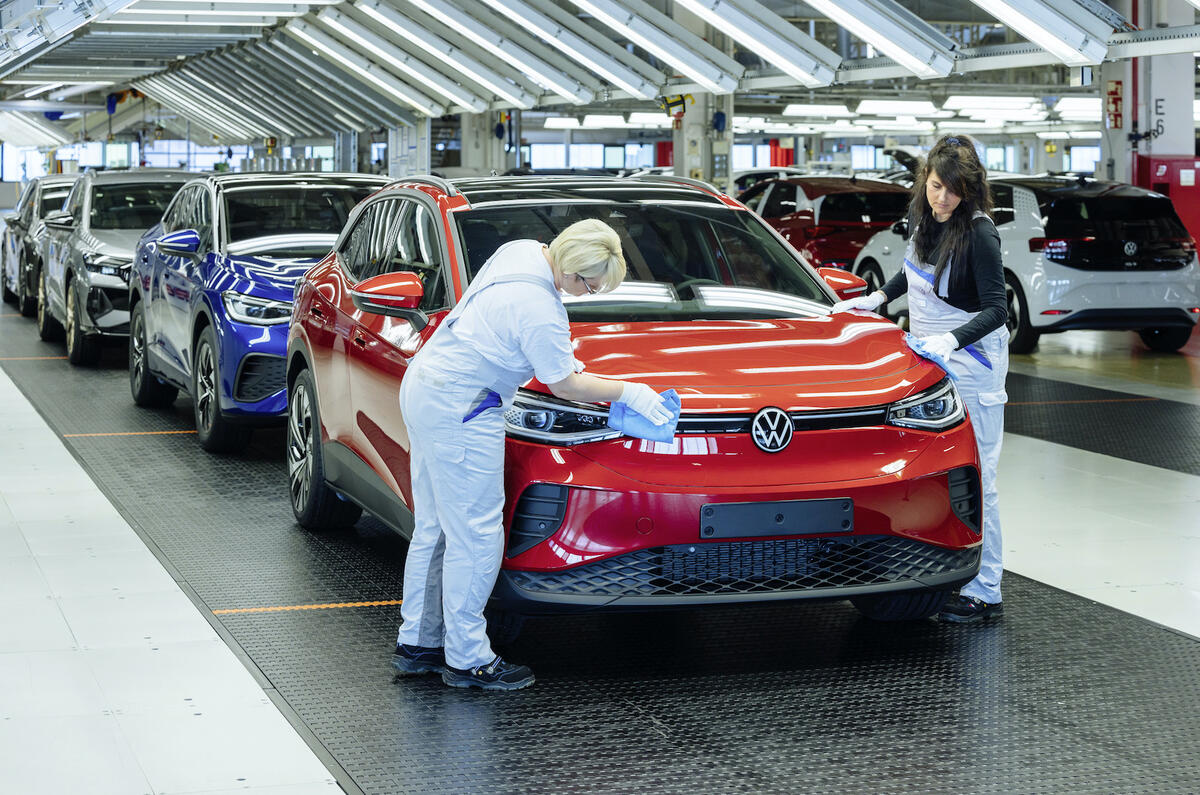Supply chain challenges won’t resolve quickly, so it's important to start replacement cycles early. Jon Lawes, managing director of Novuna Vehicle Solutions, expects disruption to last at least another year, so fleets and suppliers have to adapt.
“We’re enabling our customers to get into new vehicles as quickly as possible, often buying vehicles up to 15 months in advance,” he says. “We’re [also offering] flexible extension agreements where it helps to keep businesses moving, [and] encouraging customers to increase their renewal cycle with up to nine months’ notice.”
Fleet managers aren’t alone. James Fields-Davis, head of fleet development at Volkswagen Financial Services UK (VWFS) says the business has teams working individually with customers to develop solutions.
“We are proactively arranging fleet reviews, supporting procurement processes ahead of their normal schedules and helping customers choose the most appropriate alternative where first-choice vehicles are significantly delayed,” he explains.
Don’t overlook maintenance
More than half (59.8%) of VWFS customers surveyed last year said they expected to extend vehicle contracts if orders were delayed. In response, Fields-Davis says the company has developed proactive service and maintenance solutions to suit older-than-usual vehicles.
LeasePlan UK managing director, Alfonso Martinez, adds that supply chain disruption means fleets are coping with “substantial hikes” in maintenance and repair costs on top of vehicle shortages.
“We’re advising fleet managers to proactively book ahead for maintenance and repairs, and to closely monitor driver behaviour while promoting best practice across their fleet,” he says.
Consider other funding options
Some business needs won’t wait. LeasePlan UK has launched a short-term leasing solution enabling fleets to select specific cars and vans from stock, including plug-in hybrid and electric, for periods between 84 days and two years. It’s working with customers to match them with suitable alternatives.
Martinez says this supports electrification plans as well as offering flexibility: “[It allows] fleet managers to make changes to their fleet as required, whether that’s to accommodate contractors or new employees, or to scale down in line with business needs.”
Arval UK is also supplementing traditional lease solutions with alternatives, as operations director, Corrine Barton, explains: “[We’re] increasing the volume of vehicles available via our medium-term rental fleet, and leasing used vehicles through Arval Re-Lease,” she says.
“While these will not replace traditional methods, they do provide an effective option for some.”
Be open-minded about allocation
With lead times of more than a year, fleets have to be open-minded. Arval UK’s Barton says lease extensions are now typically more than 12 months, though under-contract mileage after Covid-19 lockdowns makes that easier. Her advice is to reallocate confirmed order instead of cancelling, and for fleet managers to be open-minded about alternatives.






Add your comment